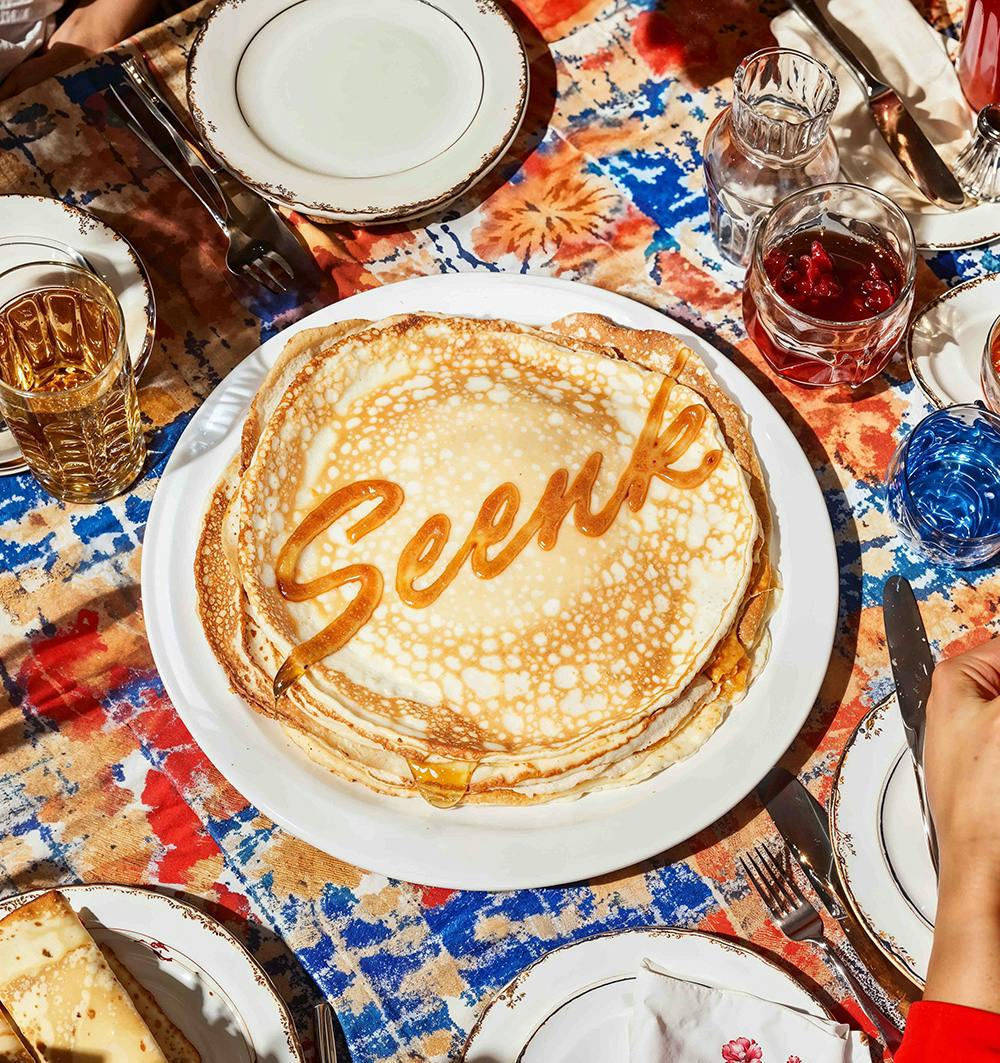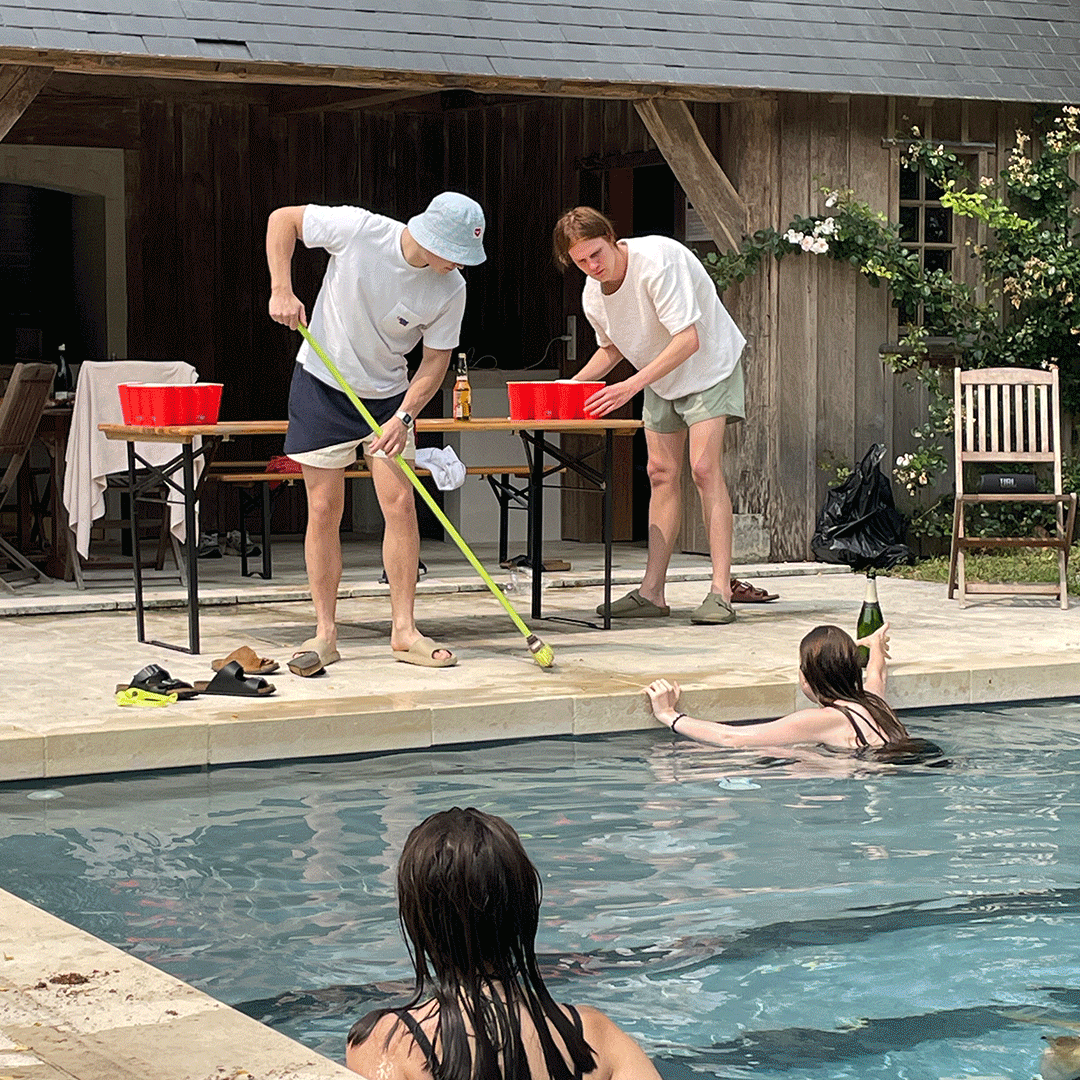NEWS (13)
On your marks, get set, change!
The 1ᵉʳ Institute for Impact Sport was born.
<3
Live on love and fresh ideas 🩷

🥞🥞 Sweet break 🥞🥞
The House of Brands wishes you a Happy Candlemas!
Welcome home
Welcome to Laurine, Énola and Maël, who have come through the doors of the House of Brands.
A prize for Beem!
Bronze in brand language at the Grand Prix Stratégies du Design.

Wouf
Soon, a new identity for the animal nutrition expert: Veterinary HPM.
News
Well done to Raphaëlle, who took to the stage to tell us about the new product at the In Design We Trust event.
To infinity and beyond
Aerospace giant Safran entrusts Seenk with the redesign of its corporate identity.

That was good.
We've ditched our computers and pencils for a barbecue and a swimming pool.
See you there.
We went to Cannes to discover our MIPIM identity on the Palais des Festivals.
Soon.
The bank of a changing world.
En voiture Simone !
A new rebranding for La Centrale.
